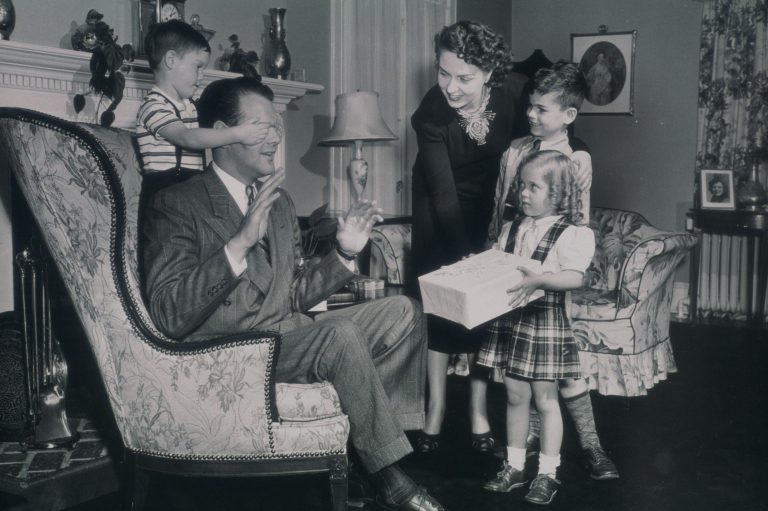The holiday season is commonly depicted as a period of happiness, coziness, and festivity. However, for a certain group of Grinchy individuals who hate Christmas, merely hearing about Christmas doesn’t spark the expected feelings of enthusiasm and delight. While a lot of people warmly embrace the holiday spirit, there’s a wide range of emotions linked to this season, stretching from complete disinterest to strong aversion. Delving into why some individuals hold unfavorable feelings toward Christmas reveals a complex array of reasons interwoven with personal experiences.
Table of Contents
ToggleSymptoms of People Who Hate Christmas
Individuals who strongly dislike or hate Christmas might exhibit various symptoms or behaviors that reflect their sentiments. These can include:
Avoidance: They might actively avoid participating in or engaging with Christmas-related activities, gatherings, or traditions. This avoidance can range from declining invitations to festive events to deliberately steering clear of decorations or holiday-themed environments.
Irritability or Frustration: Discussions or mentions of Christmas might trigger irritability or frustration in these individuals. They might express annoyance at the commercialization or the overwhelming nature of the season.
Isolation: Some individuals who dislike Christmas might withdraw or isolate themselves during the holiday period. This could be due to feelings of discomfort, disinterest, or a desire to distance themselves from the festivities.

Negative Expressions: They might express negative sentiments openly, criticizing the holiday’s traditions, values, or the societal pressure associated with it. This can include vocalizing opinions about the superficiality or materialism linked with Christmas.
Emotional Distress: For some, the holiday season can be emotionally distressing. They might experience heightened anxiety, sadness, or even depression during this time, leading to a general sense of unease or discomfort.
Indifference: Rather than exhibiting overt hostility or strong negative emotions, some individuals might simply remain indifferent to Christmas. They might not actively participate or engage but don’t express strong dislike or hatred for the holiday.
Physical Symptoms: In extreme cases, the stress or discomfort associated with Christmas might manifest physically, leading to symptoms like headaches, fatigue, or changes in appetite or sleep patterns.
5 Reasons Why Some People Strongly Dislike Christmas
Past Experiences and Associations
For some who spend Christmas alone, the holiday season might trigger memories tinged with sadness, loss, or unresolved conflicts. Christmas tends to magnify the emphasis on family gatherings and togetherness, inadvertently amplifying feelings of loneliness or isolation for those who have experienced fractured familial relationships or personal losses during this time of year.
Commercialization and Materialism
The pervasive commercialization of Christmas has been a point of contention for many. The essence of the season—focusing on generosity, compassion, and goodwill—often gets obscured by the commercial aspect of gift-giving and consumerism. The pressure to spend lavishly on gifts and create a picture-perfect holiday experience can alienate individuals who prefer a simpler, more meaningful celebration.

Diverse Beliefs and Perspectives
Not everyone resonates with the religious or cultural significance of Christmas. Individuals from diverse religious backgrounds or differing beliefs might not find personal connection or relevance in the Christian roots of the holiday. Similarly, some might hold ideologies that clash with the traditional values associated with Christmas, leading to a lack of affinity or even disdain for the festivities.
Stress and Expectations
The holiday season can be a source of tremendous stress for many – shortly called Christmas stress. The expectations surrounding decorations, elaborate meals, and social gatherings often create a sense of pressure and anxiety. Balancing these expectations with the reality of time, finances, and personal circumstances can lead to feelings of overwhelm and, consequently, disdain for the season.
Seasonal Factors and Mental Health
For some individuals, the arrival of Christmas coincides with the onset of seasonal affective disorder (SAD). The shorter days, colder weather, and reduced sunlight during winter months can contribute to feelings of depression or low mood. This, combined with the societal emphasis on holiday cheer, can intensify negative emotions toward Christmas.
Conclusion: Embracing Diversity in Perspectives
While Christmas symbolizes different things for different people, acknowledging and respecting diverse perspectives regarding this holiday season is crucial. Understanding that not everyone experiences or perceives Christmas through the same lens fosters empathy and inclusivity during a time that holds varied meanings for individuals worldwide.

Rather than imposing a singular narrative of joy and celebration, recognizing the spectrum of emotions associated with Christmas allows for a more compassionate and understanding approach. Whether one adores the festive season or finds it challenging, honoring these differences enriches the tapestry of human experiences during this time of year. After all, the essence of any holiday lies in fostering goodwill, kindness, and understanding toward one another, irrespective of personal sentiments toward the celebrations.












+ There are no comments
Add yours